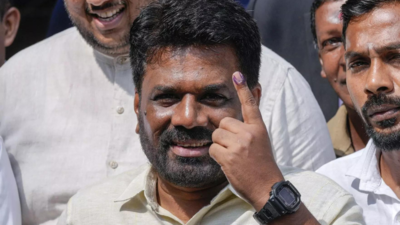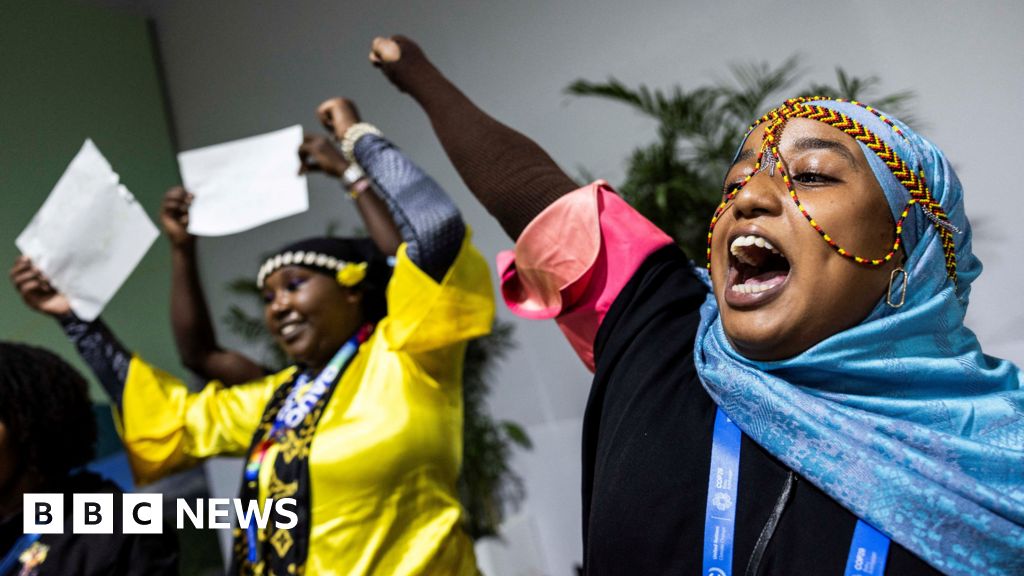
Sri Lanka President's NPP party wins
The National People's Power (NPP) party led by Sri Lankan President Anura Kumara Dissanayake achieved a landslide victory on Friday in the parliamentary snap elections.
The president's strategic decision to call for immediate elections proved successful, with the leftist coalition securing at least 123 seats in the 225-member assembly, according to the
Sri Lanka election commission
website.
The party, previously held only three seats in the parliament, which led to his decision to dissolve the assembly and call for fresh elections.
Dissanayake, who identifies as a Marxist, had been chosen as the President in September after promising to address corruption and retrieve misappropriated assets.
Initial counting showed the coalition commanding 62 per cent of votes from more than three-quarters of counted ballots, significantly outperforming opposition leader Sajith Premadasa's party, which received only 18 per cent.
"People voted to get rid of corruption and a corrupt system," IT professional Chanaka Rajapaksha, who supported the NPP in the polls, told AFP on Friday.
Diisanayake had been confident in the party's win. "We see this as a critical turning point for Sri Lanka. We expect a mandate to form a strong parliament, and we are confident the people will give us this mandate," he said after casting his vote on Thursday. "There is a change in Sri Lanka's political culture that started in September, which must continue."
Dissanayake's NPP, founded in 2019, strived to secure two-third majority to implement key anti-poverty reforms and tackle economic challenges following Sri Lanka’s severe financial crisis. This crisis led to the ousting of former President Gotabaya Rajapaksa in 2022 and prompted a $2.9 billion IMF bailout.
Dissanayake, who won the presidency in September, faced opposition from Sajith Premadasa's United People's Power and conservative factions. This win for NPP marks the first time a leftist coalition controls both the presidency and parliament, potentially shifting Sri Lanka’s policies toward a socialist approach and redefining its international relations, particularly with China and India.
In Sri Lanka's parliamentary system, 196 out of the total 225 seats were contested under the country’s proportional representative electoral system. This electoral method distributes seats within each district amongst political parties based on their vote share. The additional 29 positions, designated as national list seats, are distributed to parties and independent groups in accordance with their overall proportion of votes received across the country.

 6 days ago
4
6 days ago
4









 English (US) ·
English (US) ·